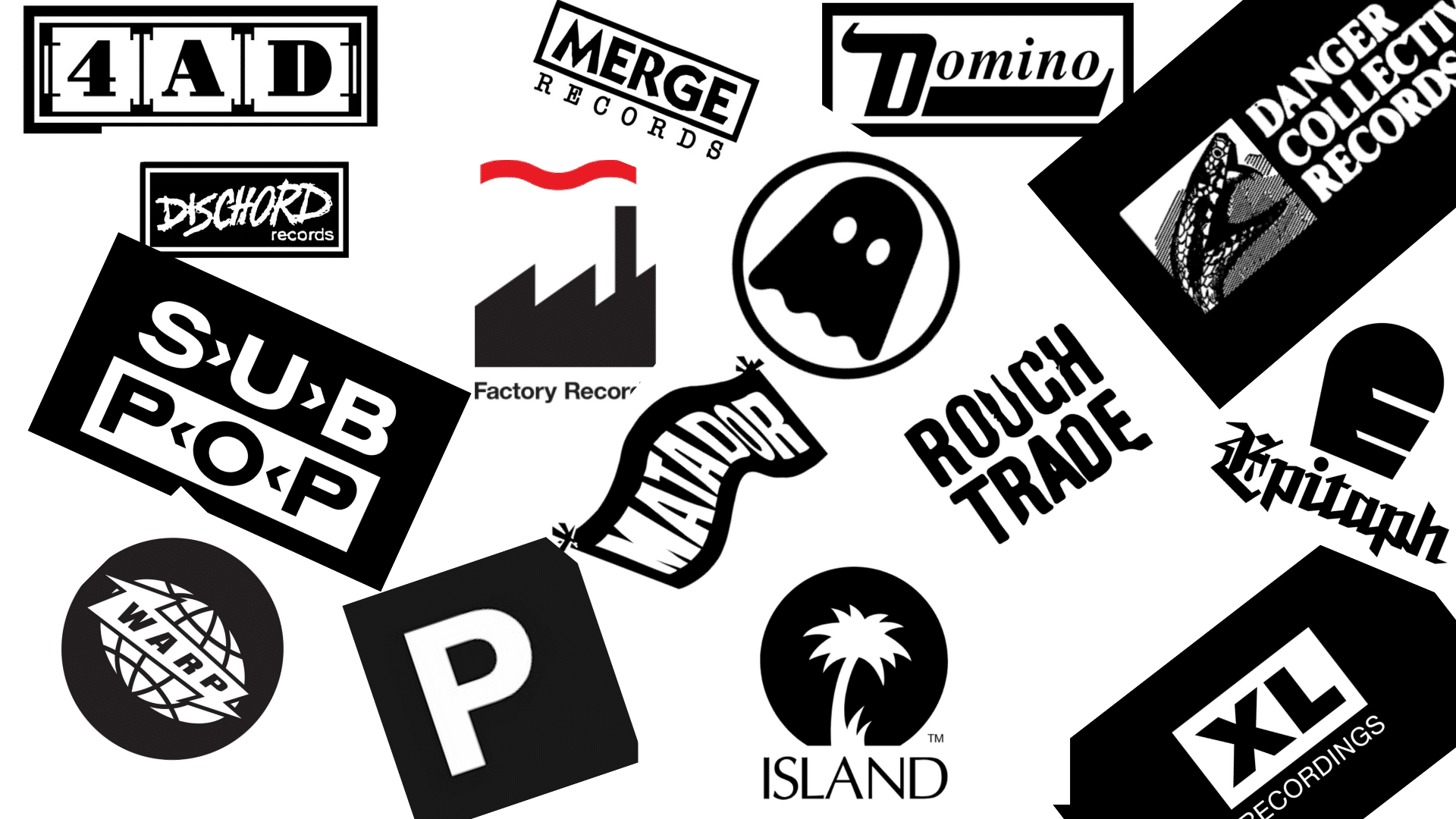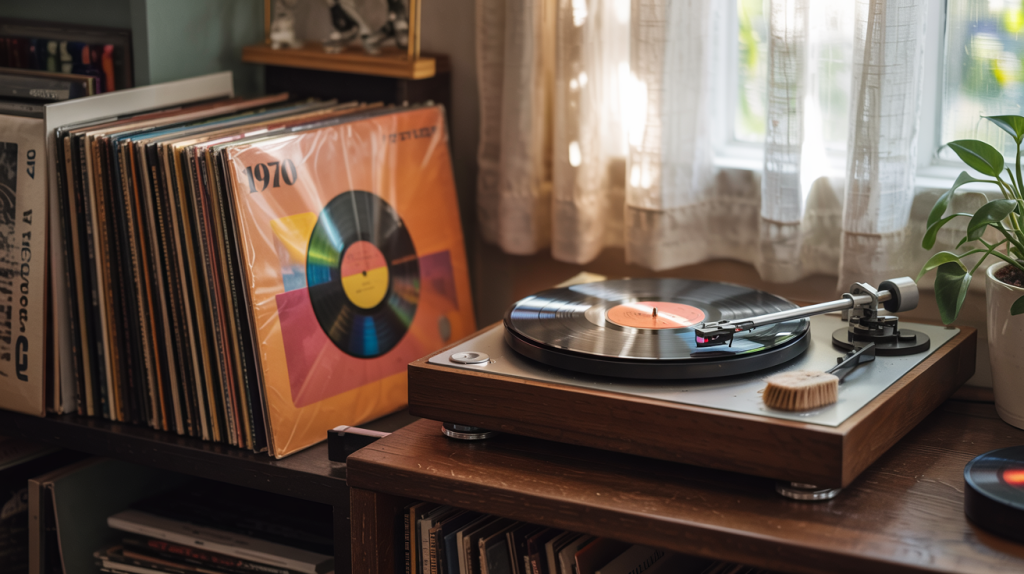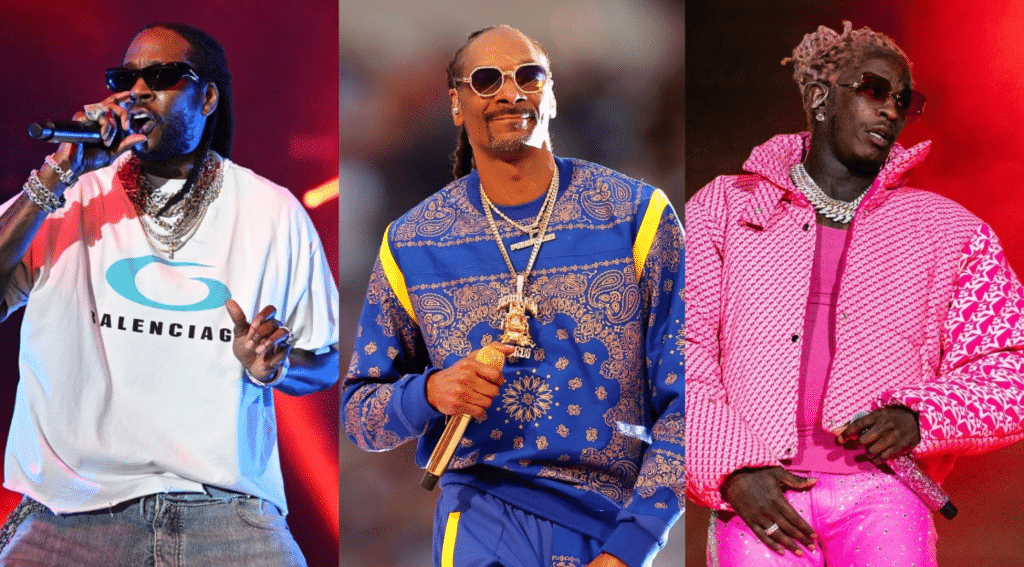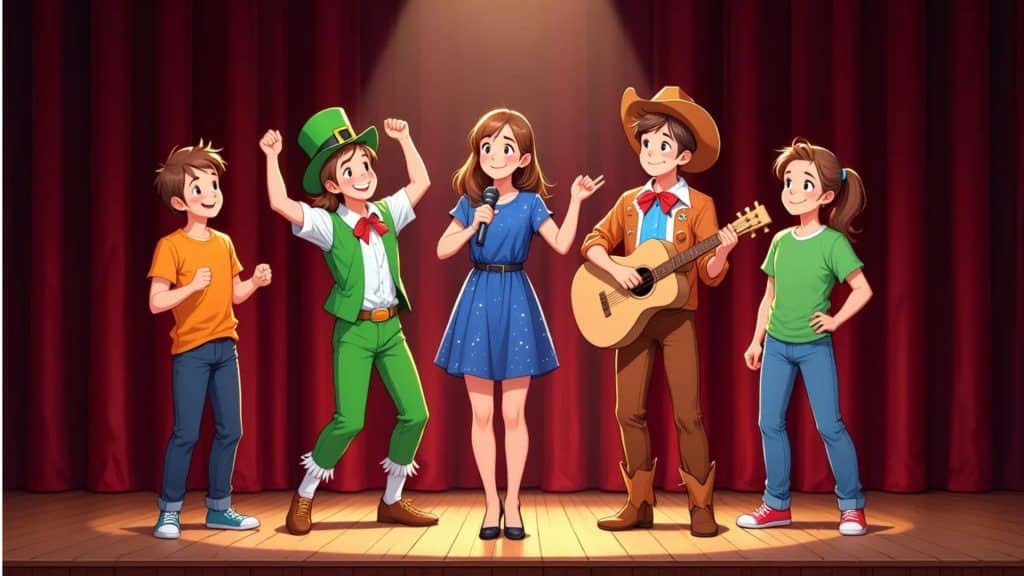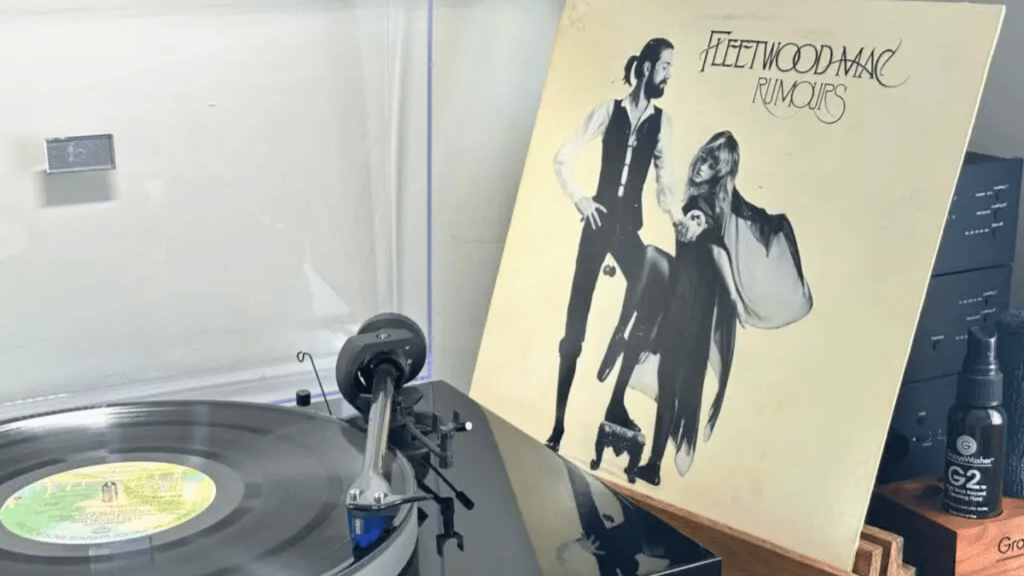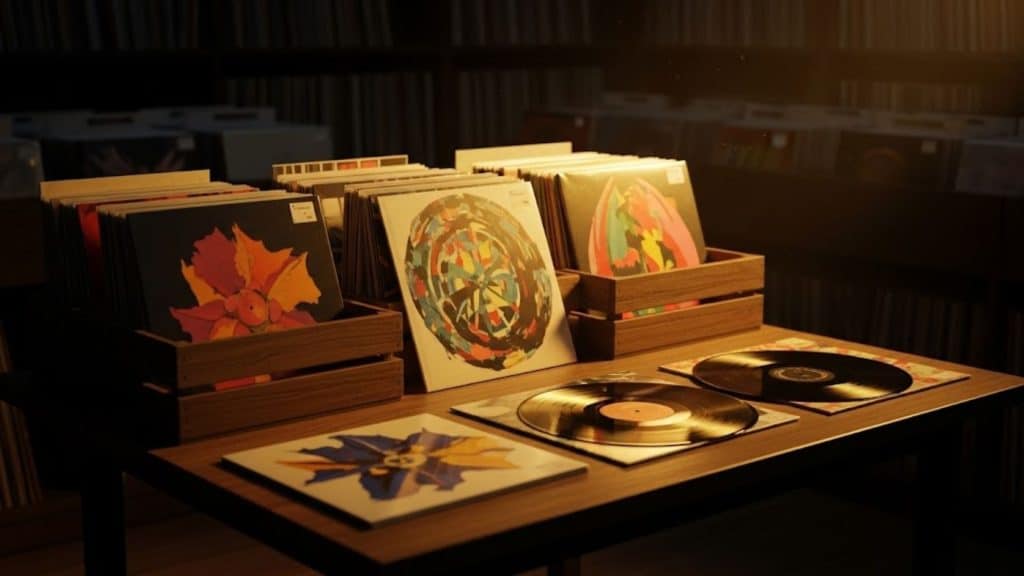Indie record labels have launched legendary artists, but they’re still misunderstood by many. What makes them different from the majors and are they the right path for your music?
I’ll share what Indie record labels are, introduce you to labels worth knowing, and explain how you can approach them. I’ll also cover deal basics, alternatives, and what life looks like after signing.
By the time you’re done reading, you’ll see whether Indie labels could fit your goals and how to move forward with confidence. So, are you ready to see where Indie labels might take your music?
What is an Indie Record Label?
An Indie record label is a music company that runs independently without the control or funding of a major corporation.
Unlike big labels tied to large networks, Indie labels are usually smaller, more flexible, and closer to the artists they support.
They differ in ownership, funding, and creative decisions, often giving musicians more input but offering fewer resources than majors.
While majors provide global reach and financial backing, Indie labels offer artistic freedom, niche focus, and tighter communities.
For many artists, the choice comes down to balancing wider exposure with control over their music and career path.
Indie Record Labels To Know
These labels stand out for shaping music scenes, supporting emerging talent, and giving artists creative freedom while building strong fan communities.
Punk & Hardcore Indie Labels
Punk and hardcore music have always been about doing things yourself, and the Indie labels behind it keep that spirit alive.
Let’s look at some of the labels that helped shape the scene and give new bands a place to grow:
1. Dischord Records

Founded in Washington, D.C., Dischord is iconic in punk and hardcore. Bands like Fugazi and Minor Threat shaped underground culture here.
The label has stayed fiercely independent, prioritizing fairness and community. Its DIY ethics make it a touchstone for authenticity.
- For Artists: Best fit if you’re punk, hardcore, or grassroots-driven.
- For Fans: Start with Fugazi’s 13 Songs or Minor Threat’s Complete Discography.
2. Epitaph Records

Based in Los Angeles and founded by Bad Religion’s Brett Gurewitz, Epitaph is a powerhouse of punk, hardcore, and alternative.
It launched bands like Rancid and The Offspring while balancing credibility with commercial reach.
- For Artists: Ideal for punk and alternative acts with strong touring potential.
- For Fans: Dig into Rancid’s …And Out Come the Wolves or The Offspring’s Smash.
Indie & Alternative Rock Labels
Indie and alternative rock wouldn’t be the same without the labels that took risks on fresh sounds.
These labels gave bands a platform, built whole scenes, and pushed the genre in new directions:
3. Domino Recording Company

London-based Domino is home to acts like Arctic Monkeys and Animal Collective. It balances experimental creativity with mainstream accessibility, helping artists grow without losing originality.
- For Artists: Great for Indie rock and alternative bands ready for international exposure.
- For Fans: Start with Arctic Monkeys’ Whatever People Say I Am, That’s What I’m Not.
4. Merge Records

Founded in North Carolina by members of Superchunk, Merge nurtures Indie rock excellence. Artists like Arcade Fire and Neutral Milk Hotel thrived here.
- For Artists: Best for Indie rock bands looking for long-term creative support.
- For Fans: Listen to Arcade Fire’s Funeral or Neutral Milk Hotel’s In the Aeroplane Over the Sea.
5. Matador Records

Based in New York, Matador has defined Indie and alternative scenes with Pavement, Interpol, and Cat Power.
Known for credibility and talent development, it remains one of the most trusted names in Indie music.
- For Artists: Strong fit for alternative rock acts with a unique edge.
- For Fans: Find Pavement’s Slanted and Enchanted or Interpol’s Turn On the Bright Lights.
6. Rough Trade Records

Originating in London, Rough Trade played a huge role in punk and Indie history, supporting The Smiths and Pulp. It continues backing innovative artists today.
- For Artists: A solid choice for bands blending Indie and punk sensibilities.
- For Fans: Check out The Smiths’ The Queen Is Dead or Pulp’s Different Class.
7. Captured Tracks

Based in Brooklyn, Captured Tracks shaped modern Indie with dream-pop and lo-fi sounds, backing artists like DIIV, Mac DeMarco, and Wild Nothing.
- For Artists: A good match if you’re making Indie rock, dream-pop, or lo-fi music.
- For Fans: Start with Mac DeMarco’s Salad Days or DIIV’s Oshin.
Electronic & Experimental Labels
Electronic and experimental music has always thrived on pushing limits, and the labels behind it play a huge role.
These labels give space for bold sounds, new ideas, and artists who want to break away from the usual:
8. Warp Records

Sheffield’s Warp Records is legendary for electronic and experimental music. Artists like Aphex Twin and Boards of Canada built its reputation as innovators in sound and visuals.
- For Artists: Best for electronic, ambient, and boundary-pushing experimental acts.
- For Fans: Start with Aphex Twin’s Selected Ambient Works 85–92.
9. Ghostly International

Based in Michigan, Ghostly International focuses on electronic, ambient, and cross-media creativity. Artists include Tycho and Matthew Dear.
- For Artists: Great for electronic producers who value design, visuals, and multi-sensory identity.
- For Fans: Try Tycho’s Dive or Matthew Dear’s Beams.
10. Carpark Records

Carpark Records is an Indie label founded in 1999, known for supporting experimental pop, electronic, and Indie rock artists.
Based in Washington, D.C., it has released music from acts like Toro y Moi, Beach House, and Cloud Nothings.
- For Artists: Best for emerging experimental or dream-pop musicians.
- For Fans: Begin with Beach House’s Teen Dream or Toro y Moi’s Causers of This.
Iconic Cross-Genre Labels
Some record labels don’t stick to just one sound; they cross genres and bring together all kinds of artists.
These labels shaped music history by mixing styles and reaching fans far beyond one scene:
11. 4AD

London-based 4AD is known for atmospheric, experimental music from Cocteau Twins to Dead Can Dance. It continues to shape alternative culture with genre-defying artists.
- For Artists: Ideal for creating atmospheric or avant-garde music.
- For Fans: Start with Cocteau Twins’ Heaven or Las Vegas.
12. XL Recordings

With artists like Adele, The xx, and Tyler, The Creator, XL blends underground credibility with mainstream reach. It proves Indie labels can rival majors.
- For Artists: Perfect for acts blending pop, alternative, or hip-hop with a strong creative vision.
- For Fans: Listen to Adele’s 21 or The xx’s self-titled debut.
13. Sub Pop Records

Seattle’s Sub Pop launched Nirvana and Soundgarden during grunge, and today supports acts like Shabazz Palaces and Beach House. It represents both local roots and global reach.
- For Artists: A fit for alternative, grunge-inspired, or experimental musicians.
- For Fans: Begin with Nirvana’s Bleach or Beach House’s Bloom.
14. Factory Records

Manchester’s Factory Records gave us Joy Division and New Order, shaping post-punk and electronic culture. Though now defunct, its influence continues worldwide.
- For Artists: A historical inspiration rather than an active opportunity.
- For Fans: Listen to Joy Division’s Unknown Pleasures or New Order’s Power, Corruption & Lies.
15. Island Records

Originally independent in Jamaica and the UK, Island launched Bob Marley, U2, and Amy Winehouse. Though now tied to majors, its legacy of blending genres still matters.
- For Artists: Inspirational example of Indie roots leading to global reach.
- For Fans: Start with Bob Marley’s Legend or Amy Winehouse’s Back to Black.
Where to Hear Indie Label Artists Today
If you’re looking for Indie label artists right now, start with streaming platforms. Spotify and Apple Music host official Indie label playlists and curated genre collections, making it easy to find both classics and new releases.
For more grassroots discovery, Bandcamp and SoundCloud are the go-to places. These platforms let you hear independent acts directly, often before they gain wider attention, while also supporting artists more directly.
Another option is to visit Indie label websites and roster pages. Many labels showcase their current artists, release catalogs, and even feature embedded playlists so you can hear music straight from the source.
Together, these options give you multiple paths to connect with fresh sounds.
How to Get Signed to an Indie Label
Getting signed takes more than talent; you need polished music, a growing fanbase, and a professional approach when reaching out.
What Labels Look For
Different Indie labels focus on different genres. Dischord values punk authenticity and community-driven acts, while Warp prioritizes experimental sound design and innovation.
Merge leans toward Indie rock, and Ghostly International highlights electronic and ambient artists. Researching a label’s roster before you submit shows that you understand their identity and increases your chances of finding the right fit.
Demo Submission Tips
Keep submissions professional and short. Always send your best finished songs in the preferred format, with clear links instead of attachments. Include a concise bio, streaming or performance highlights, and contact details.
Avoid spamming multiple times; a polite follow-up after a few weeks is better. Respect each label’s guidelines to improve your chances.
Building Leverage First
Before approaching labels, build momentum on your own. Play local gigs, grow a following on social platforms, and release music independently.
Consistent engagement and visible progress make you attractive to A&R scouts. When labels see you’ve already built traction, they’re more likely to invest, since you’ve proven your ability to connect with fans.
Understanding Indie Label Deals
Before signing, it’s important to understand how Indie label deals work. Knowing the types, money flow, and rights helps you protect yourself.
Deal Types
These deals aren’t one-size-fits-all. Each one gives you a different level of control, payment, and support
Indie labels offer different deal structures, and understanding them helps you choose wisely:
- Licensing: You keep ownership while the label markets your music.
- Profit-Share: Earnings are split after costs are covered.
- Distribution-Only: The label handles getting your music into stores and streaming platforms.
A 360 clause is different because it gives the label a percentage from multiple revenue streams like touring, merchandise, and sponsorships.
While it can provide more support, it often limits your independence and reduces what you keep from non-recording income.
Money Matters
Finances shape every contract. Some labels offer advances, but these must be repaid through future royalties. Recoupment means the label takes back costs before you see earnings.
Royalty percentages vary, so knowing the industry average helps avoid unfair agreements. Understanding how money flows ensures you can plan realistically and avoid financial surprises later.
Rights & Red Flags
Your rights are the most valuable part of a contract. Labels may seek ownership of masters or set long reversion timelines. Watch for scams like pay-to-play deals or hidden fees disguised as “marketing.”
Always read clauses carefully. Protecting your rights ensures you don’t lose long-term control of your music or career.
Alternatives To Indie Labels
Not every artist needs to sign with an Indie label. You can grow your career independently using modern tools and platforms. Some key alternatives include:
- Self-Releasing Music through distributors like DistroKid, TuneCore, or CD Baby.
- Bandcamp and Direct-to-Fan Sales to keep a higher share of revenue.
- Streaming Platforms such as Spotify, Apple Music, and YouTube for global reach.
- Crowdfunding via Kickstarter, Patreon, or GoFundMe to fund recording and promotion.
- Social Media Marketing on Instagram, TikTok, and X to build direct fan connections.
- DIY Touring and Local Shows to establish a loyal audience in your scene.
- Collaborations with other independent artists to expand reach and share resources.
Life After Signing
After signing, your job is to send in your music and other materials on time, stay in sync with your label’s plans, and keep things moving forward.
It’s all about staying consistent and building a strong foundation for growth.
First 90 Days
The first three months set the tone for your partnership. Labels expect timely delivery of music, artwork, and promotional content.
You’ll work on a release timeline that includes press campaigns and show planning.
Staying organized and hitting deadlines proves professionalism, builds trust, and ensures your release gets the attention it deserves from the label.
Communication
Clear communication is key after signing. Regular check-ins with your label help set realistic goals and keep projects on track. Be transparent about your needs and responsive to their requests.
Ask questions if terms or tasks feel unclear. Establishing mutual expectations early prevents misunderstandings and creates a collaborative environment that benefits both sides equally.
Growth
Signing is just the start. Growth comes through touring, media exposure, and strategic collaborations with other artists.
Labels may help arrange press opportunities and partnerships, but you must also stay active in building your fanbase.
Combining label support with your own networking efforts increases visibility, creates new revenue streams, and keeps momentum building steadily.
What Indie Labels Usually Offer
Working with an Indie label goes beyond signing a contract. Most provide valuable support that helps artists grow faster:
- Distribution: Getting your music into digital stores, streaming platforms, and sometimes physical formats.
- Public Relations & Press Outreach: Securing blog coverage, magazine features, and interviews to raise your profile.
- Tour Booking Support: Helping arrange live shows, tours, or festival slots to expand your reach.
- Playlist Pitching & DSP Connections: Leveraging industry contacts to land songs on Spotify, Apple Music, and other curated playlists.
- Studio Resources or Producer Connections: Access to recording spaces, mixing engineers, or trusted producers who align with your sound.
This support varies by label, but knowing what’s commonly offered helps set realistic expectations about collaboration.
Conclusion
As I look back at what I’ve covered, the real takeaway is that Indie record labels give you freedom while majors often bring reach.
You now know which Indie labels stand out, how to approach them, and what to watch for in deals.
You’ve also seen that you don’t always need a label to grow; you can build momentum on your own first.
My advice is simple: choose the path that protects your vision and keeps you motivated.
If you want to dig deeper, check out my other blogs where I share tips on building traction and navigating contracts.

